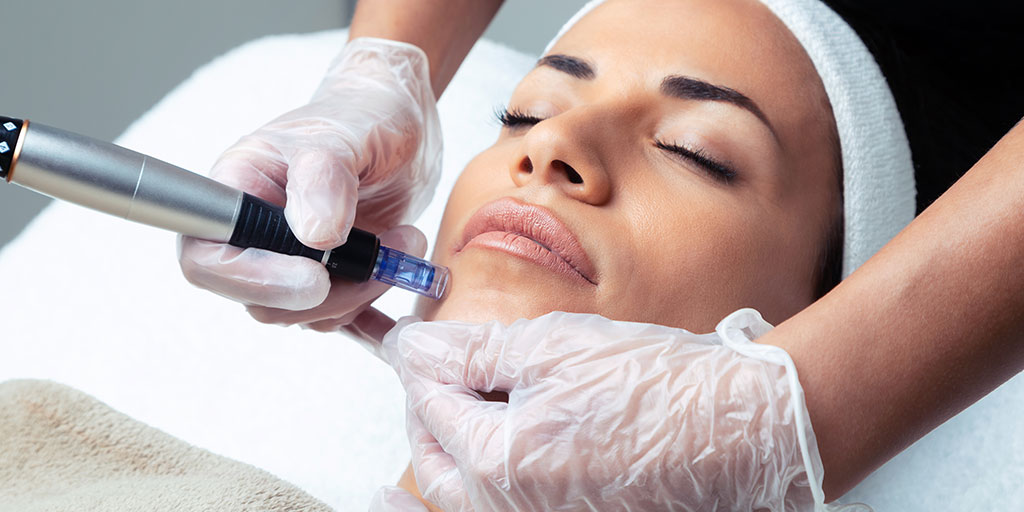Dermatology
The Dermatology Medical Service offers specialist visits and skin care treatments.
In particular, the doctors of the Dermatology Medical Service check and treat moles, seborrheic warts, keratoses and sun spots, cysts, skin tumors, wrinkles and capillaries.
Furthermore, in the field of Aesthetic Medicine, the specialists of our Center carry out non-surgical and non-invasive treatments.
